There is only one kind of love, but there are a thousand imitations
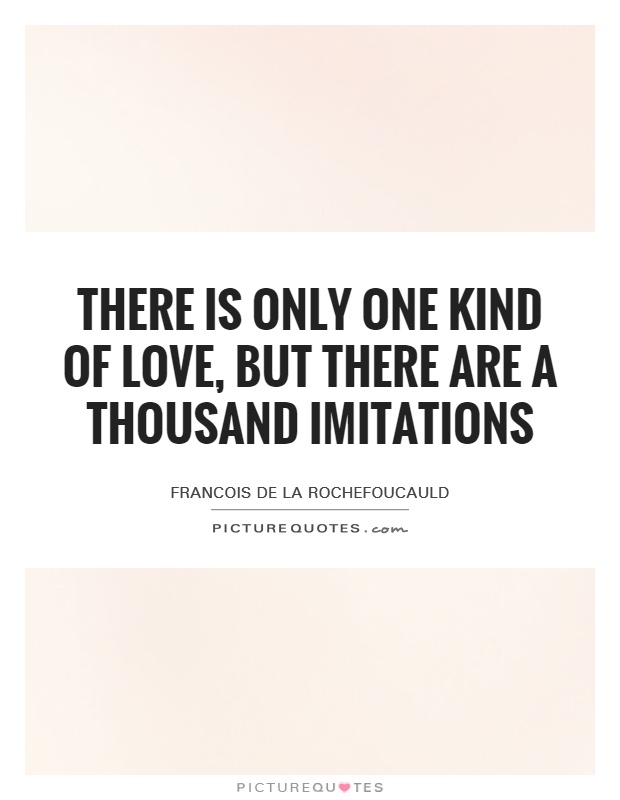
There is only one kind of love, but there are a thousand imitations
Francois de La Rochefoucauld, a French author and moralist, once famously said, "There is only one kind of love, but there are a thousand imitations." This statement speaks to the complexity and depth of love, as well as the many ways in which it can be misunderstood or misrepresented.In the context of La Rochefoucauld's philosophy, it is clear that he believed in the purity and universality of true love. He saw love as a powerful force that transcends boundaries and unites people in a deep and meaningful way. True love, in his eyes, is selfless, unconditional, and enduring. It is a force that brings out the best in people and inspires them to act with kindness, compassion, and generosity.
However, La Rochefoucauld also recognized that there are many imitations of love that can be mistaken for the real thing. These imitations may include infatuation, lust, possessiveness, or manipulation. They may be driven by selfish desires, insecurities, or a need for control. While these imitations may mimic some aspects of true love, they ultimately fall short in terms of depth, authenticity, and longevity.
In today's world, where love is often portrayed in movies, books, and social media as a romantic ideal, it can be easy to confuse true love with its imitations. We may mistake infatuation for love, or confuse possessiveness with devotion. We may be drawn to relationships that are based on superficial qualities or material gain, rather than genuine connection and mutual respect.
La Rochefoucauld's words serve as a reminder to look beyond the surface and seek out the true essence of love. True love is not about grand gestures or extravagant displays of affection. It is about being there for someone in their darkest moments, supporting them through their struggles, and celebrating their successes. It is about accepting someone for who they are, flaws and all, and loving them unconditionally.
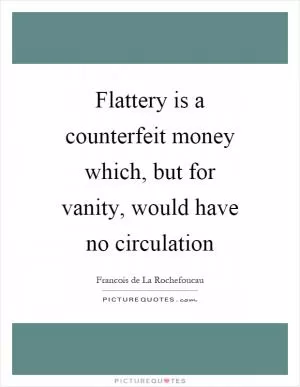


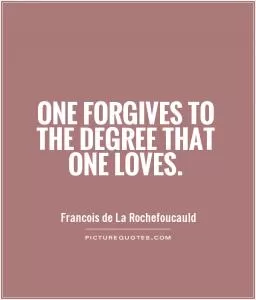


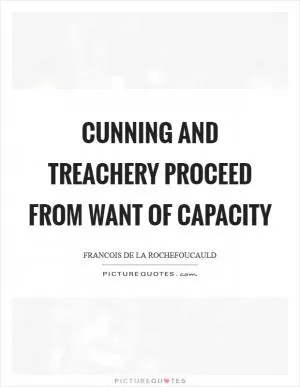

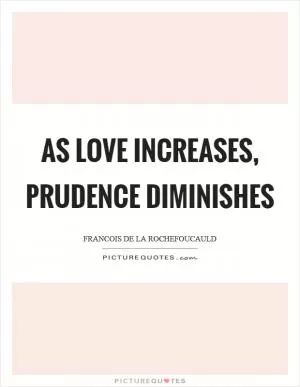
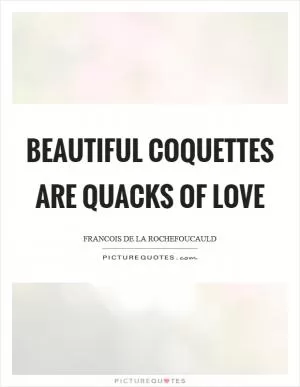
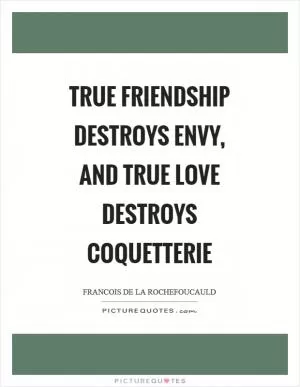

 Friendship Quotes
Friendship Quotes Love Quotes
Love Quotes Life Quotes
Life Quotes Funny Quotes
Funny Quotes Motivational Quotes
Motivational Quotes Inspirational Quotes
Inspirational Quotes